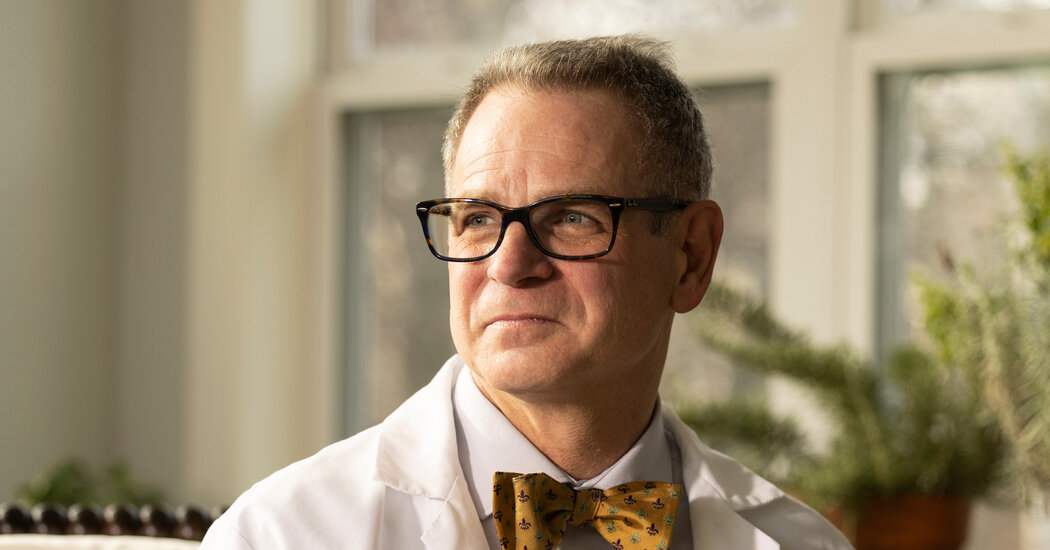Dr. John Wust does not come off as a labor agitator. A longtime obstetrician-gynecologist from Louisiana with a penchant for bow ties, Dr. Wust spent the first 15 years of his career as a partner in a small business — that is, running his own practice with colleagues.
Long after he took a position at Allina Health, a large nonprofit health care system based in Minnesota, in 2009, he did not see himself as the kind of employee who might benefit from collective bargaining.
But that changed in the months leading up to March, when his group of more than 100 doctors at an Allina hospital near Minneapolis voted to unionize. Dr. Wust, who has spoken with colleagues about the potential benefits of a union, said doctors were at a loss on how to ease their unsustainable workload because they had less input at the hospital than ever before.
“The way the system is going, I didn’t see any other solution legally available to us,” Dr. Wust said.



Would be kind of interesting to see what kind of negotiations would arise from having labor, management, and executives all represented by unions!
edited to add missing word
If executive unions could enforced a max amount of hours worked for executives and other similar quality of life requirements. Maybe there would be fewer sociopaths and more humans in executive positions.
Check out the Nordics, that’s how they do it over there.